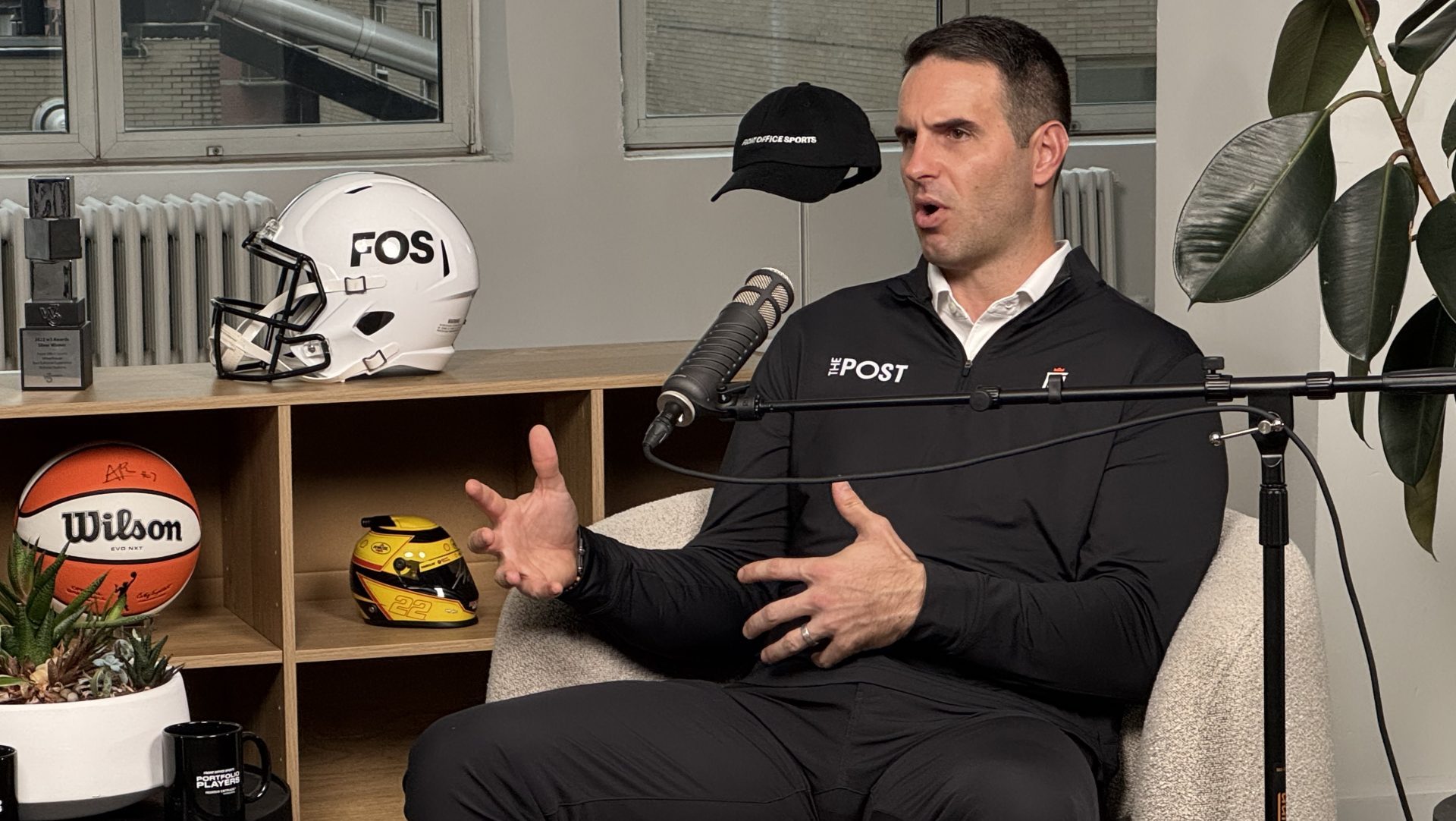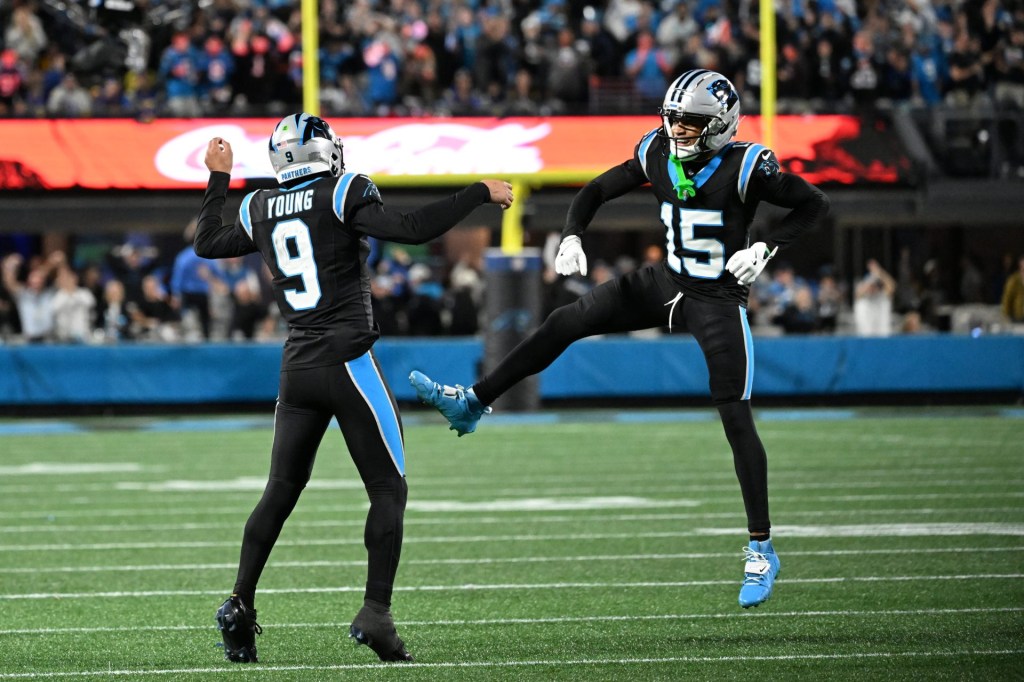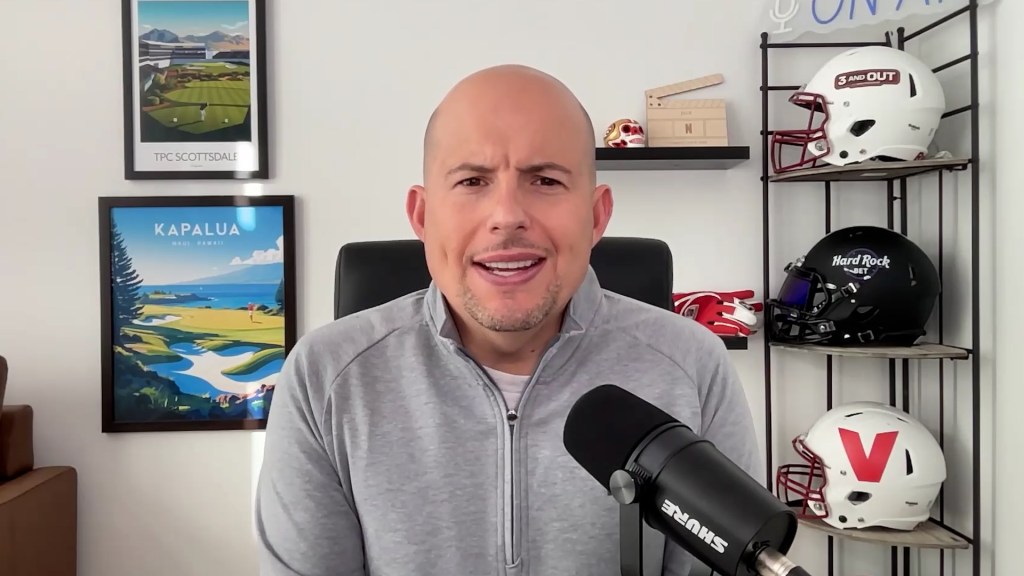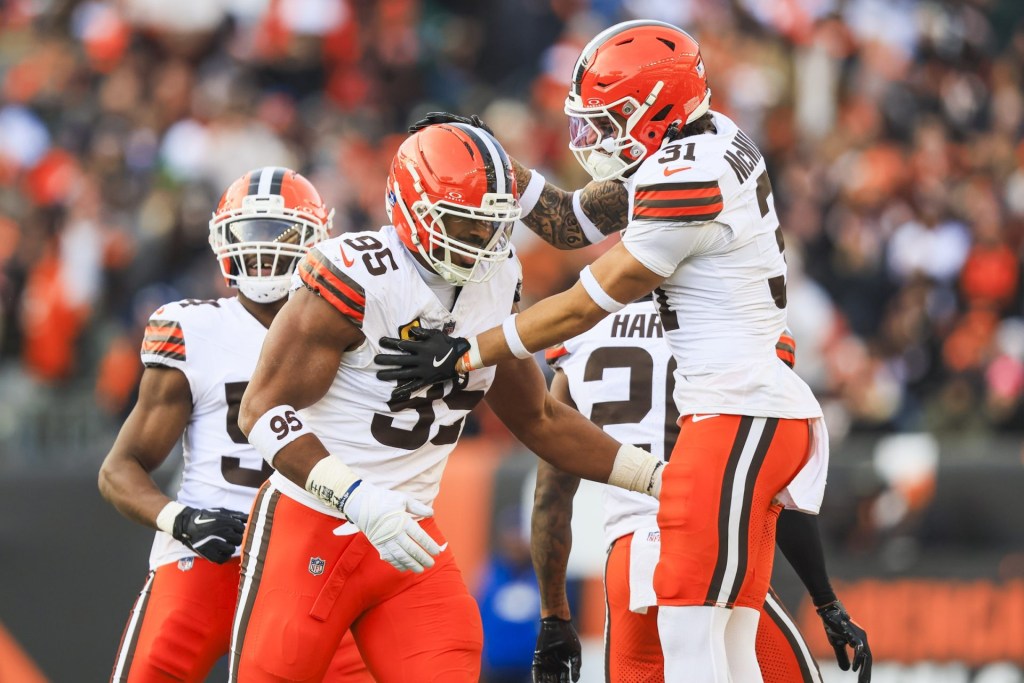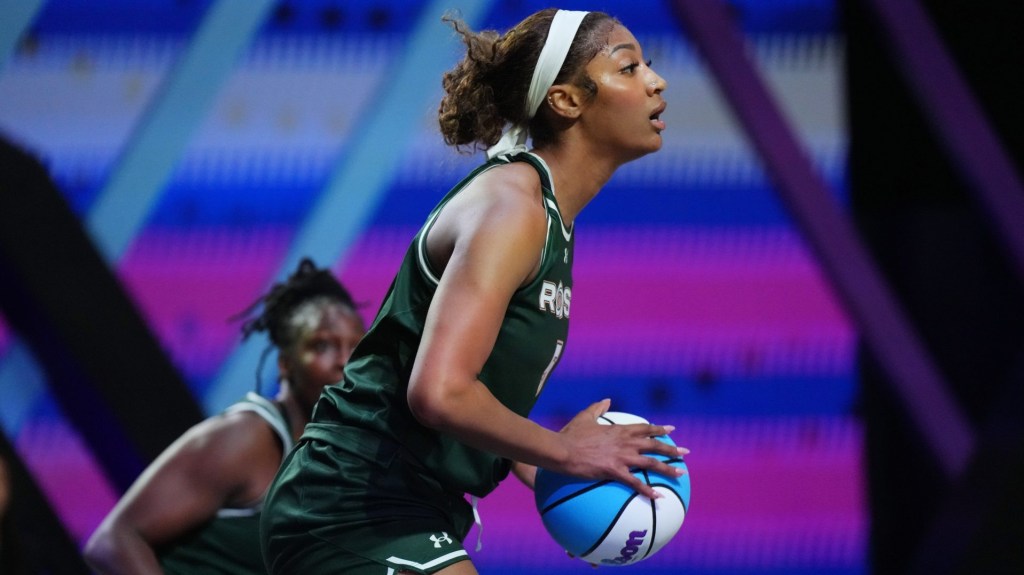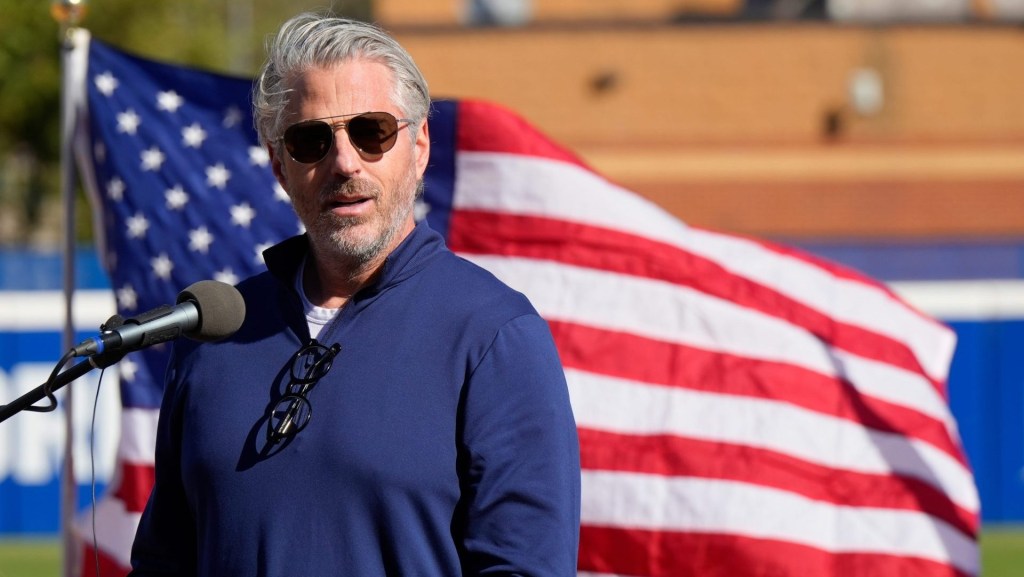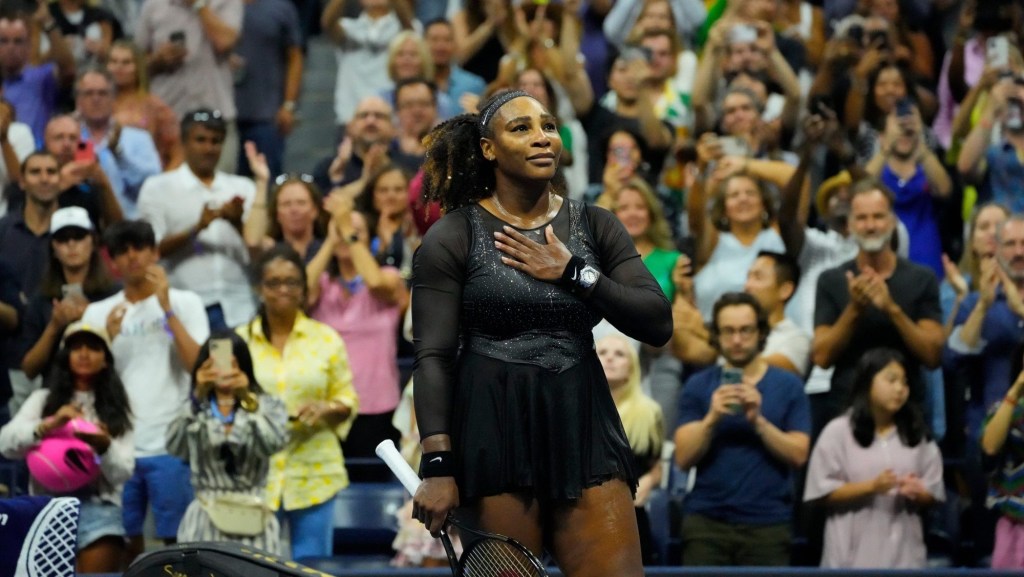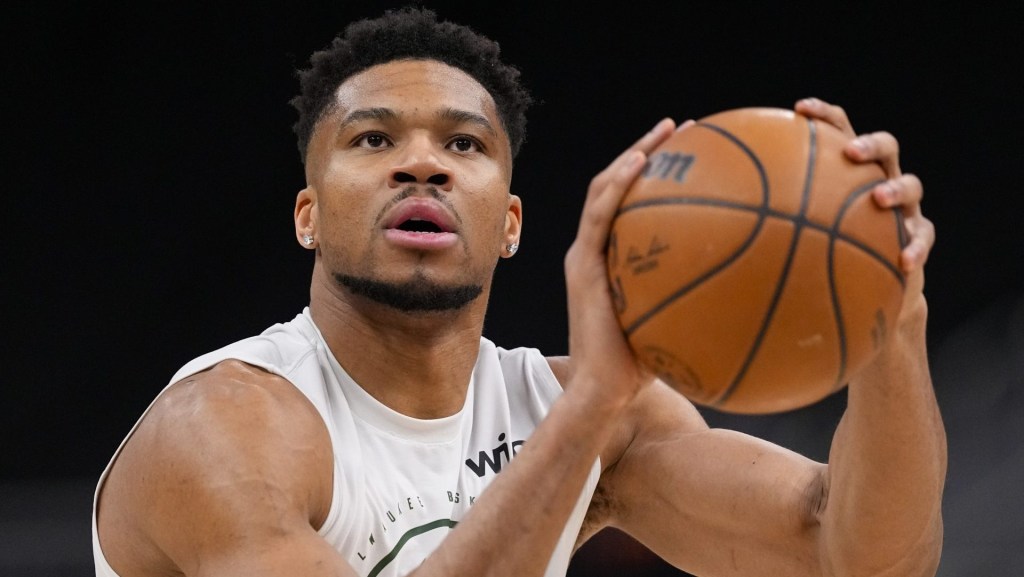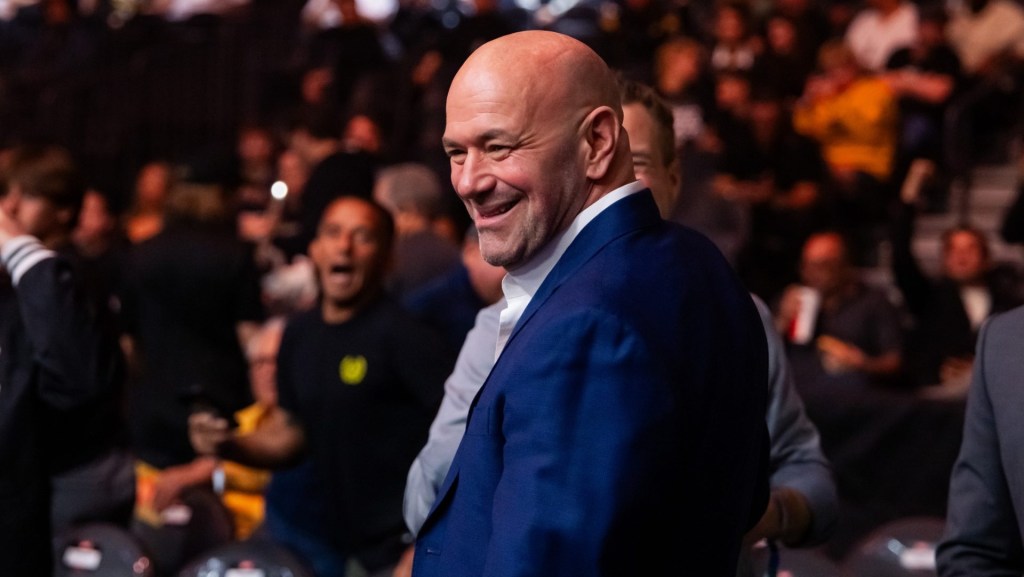Former NFL quarterback Christian Ponder made more than $12 million on the field, and even though he always knew he’d need to find a second act after football, the transition still hit harder than expected.
“There’s no infrastructure for athletes after sports,” the former Vikings quarterback told Front Office Sports during a recent episode of Portfolio Players.
Ponder, who started at Florida State, was drafted 12th overall in 2011 and played four seasons with the Vikings. As his pro career was winding down, he began preparing for life after football by “taking more risk” financially through venture capital and private-equity deals.
“On paper, I thought I had it all figured out, what I wanted to do after football,” he said. “And that transition still sucks.”
A few years into retirement, he began to ponder a potential solution: a community built specifically for former athletes, by former athletes, to assist in navigating the transition from pro to post-playing life. In 2023 he launched The Post, an invite-only network of former athletes designed to provide education and investment advice.
The idea was aimed at ensuring his peers don’t fall victim to the pitfalls that have derailed so many former athletes. Some have been misled—such as longtime Dolphins safety Reshad Jones, former Bulls forward Toni Kukoč, and ex-Spurs star Tim Duncan—while others simply lacked the guidance and tools needed to manage their wealth successfully.
Ponder said there are still a lot of people who look at athletes and think “dumb money.”
He’s trying to change that with The Post, which today has roughly 1,000 members with an average age of 40, and a designated space in Manhattan for live salons and other events.
“Athletes make great leaders in business,” Ponder said.
The Post also runs what Ponder called a “veteran locker room,” which pairs younger athletes with more experienced former players who have already navigated the transition out of pro sports—the model is based on his experience coming into the NFL as a rookie and being able to lean on veterans with a decade or more of experience, people who “know what it takes to be successful at that level.”
“We have these people to learn from who are de facto mentors,” he said. “Watch how they prepare and how they operate to be successful. And that’s what we have in business … former athletes who know that transition is difficult.”
